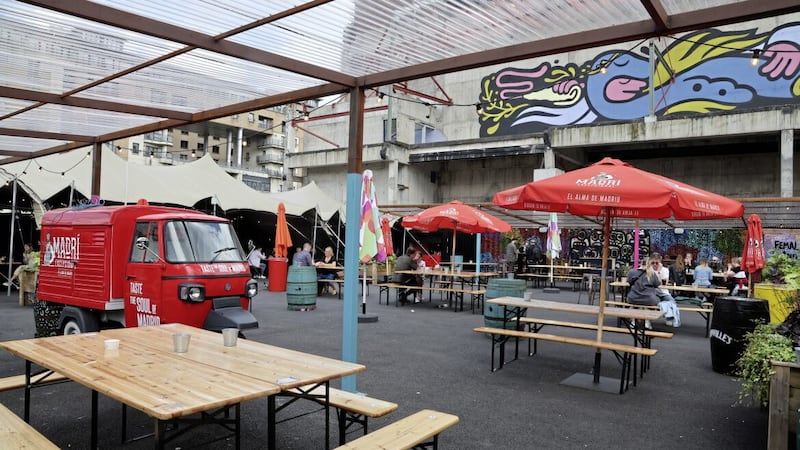Firstly, the reorganisation is premised on the assumption that Catholic education is non questionable and that all children at these schools are Catholic.
We know from recent surveys that young people and many families do not identify as single identity; we know that north Belfast is an increasingly diverse society. Do we best prepare these young people to live in an inclusive and cohesive society through a single identity education? This question is not considered, much less debated.
Secondly, the selective system remains unchallenged; only secondary schools are to be subject to change, and this is despite the Catholic bishops' opposition to selection and in contrast to the lead they have given on this issue in other areas.
Finally, the objections now coming forward from parents indicate that consultation with parents has been limited. It would seem decisions were made on the basis of maintaining the status quo without giving a voice to parents or, indeed, to the young people at these schools.
This reorganisation and the reorganisation of grammar schools that has been approved in Enniskillen illustrates all that is wrong with area planning as a mechanism for reforming and improving our educational system. Planning takes place within the silos of both segregation and selection; innovative thinking which could result in structural change is resisted and discouraged.
A simple and non-controversial alternative to selection is possible, one which changes the status and perception of the majority of schools which are not grammar and in which the majority of our students are educated.
Imagine if, instead of amalgamating secondary schools, CCMS was proposing to create new all-ability schools on a level playing field with the grammars.
The solution to the two tier system imposed by selection should be to ensure that the alternative to the local grammar school is the local all-ability school. The model for this type of school exists. There are a number of successful Catholic all-ability schools.
Integrated colleges were established as all-ability and inclusive, and pride themselves on the quality of education they offer; the quality of integrated education is measured on outcomes in examination and, in addition, focuses on the development of personal talents and attributes, including the capacity to mix with the `other side' and those from a range of backgrounds. In these all-ability integrated schools, social and religious segregation are overcome.
Such schools have much to offer families: brothers and sisters go to the same schools, regardless of type of ability or particular talents, and children from all backgrounds are welcomed into the same school.
Such schools have much to offer society and provide an equality of expectation and opportunity for all students, modelling the type of diverse and cohesive society we aspire to, liberating students from archaic notions of academic and vocational which have little meaning in a digital world where creative thinking and the capacity to innovate is all important. Not surprisingly, integrated colleges are over-subscribed - indeed the most over-subscribed school in Northern Ireland is Lagan College.
Such a change is not controversial, would be welcomed by parents, and should be acceptable to all political parties, particularly unionist parties who remain wedded to supporting grammar schools.
The mechanism for achieving such change exists under area planning. A simple, practical and easily achievable step forward would be to ensure that any new school is all-ability and inclusive with the highest expectations for all. Such schools would not replicate what went before but instead would offer real choice for parents and students.
In the twenty-first century it is not radical to propose that any new post-primary school should have an all-ability intake, should be co-educational, and should be inclusive and integrated, welcoming all students, valuing all students and holding the highest expectation for all students.
Through such schools will we provide the education needed for the complexity, diversity and challenges of today's society. Our young people deserve no less, our economy demands no less. Through structuring and supporting all-ability schools we can shape a future society which is prosperous and inclusive and committed to equality.
:: Noreen Campbell is a former school principal and former head of the Northern Ireland Council for Integrated Education.



